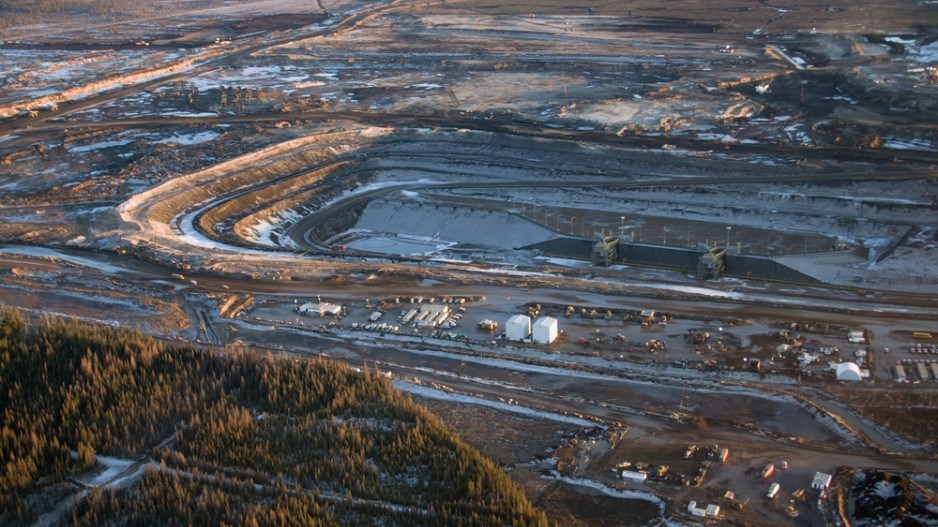Teck Resources (TSX:TCK.B) shareholders who may be questioning the company’s diversification from one depressed commodity to another (from coal to oil) will be armed with a damning new economic analysis at the company’s annual general meeting Wednesday April 22.
Teck has a 20% stake in the $13 billion Fort Hills oil sands project in Alberta. It also has invested in the Frontier Energy project, which is still in the regulatory review process.
The company has committed to spending $3 billion over the next three years on the Fort Hills project at a time when low prices for its key businesses – metallurgical coal and copper – have whittled away the company’s profits for three years running, according to an economic analysis by the Institute for Energy Economics and Financial Analysis (IEEFA) released April 20.
“While oil sands projects are quite a small part of Teck’s overall portfolio, they absorb a large and growing portion of the company’s shrinking resources,” the IEEFA report by Tom Sanzillo and Deborah Lawrence warns.
About 39% of Teck’s business is metallurgical coal. A global glut has dropped the prices from US$300 per tonne in 2011 to today's US$117 per tonne. Teck’s second biggest business is copper mining. Copper prices have also been falling.
Teck’s revenues have been declining for three years, the IEEFA report states. Its free cash flow has fallen from $1.2 billion in 2012 to $207 million in 2014.
In 2012, Teck made the move into oil sands with the acquisition of Silver Birch Energy. Given the price of oil at the time, and given that oil sands operations are similar to the kind of open pit mining that Teck is involved in, the move made sense at the time.
But with oil prices now half what they were just a year ago, and with the continued low coal and copper prices eating into the company's profits, its continued involvement in the Fort Hills oil sands projects “has proven a serious drain on the company’s resources,” the IEEFA report states.
Teck is committed to spending $3 billion on the project between now and 2017, the IEEFA report states. But to be economically viable, the new oil sands project would need West Texas Intermediate oil prices to be back up to $140 per barrel.
“The project would not achieve a positive free cash flow anytime in the next 50 years,” the report states.
It also suggests Teck should abandon the Frontier oil sands project – currently in the planning stages – as it does not appear to be economically viable.
In a brief statement issued by Teck, the company disputes the analysis:
"The report contains numerous inaccuracies, including incorrect financial information, and is clearly based on conjecture rather than real financial analysis. The fact is, our investments in the oil sands will further diversify our commodity base, generate significant free cash flow, and strengthen our company for the long term. Teck is committed to responsible development of our oil sands assets that takes into account both economic and environmental priorities."



